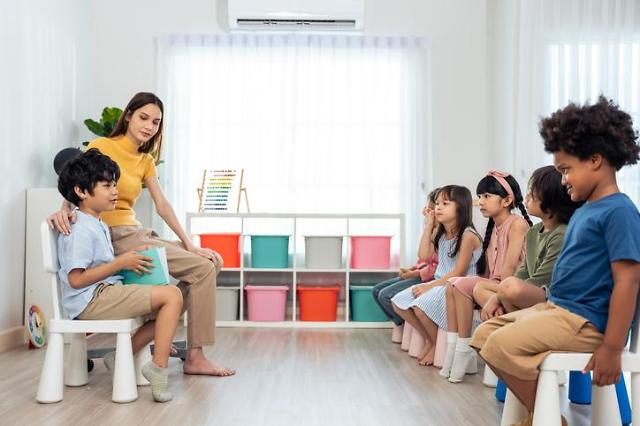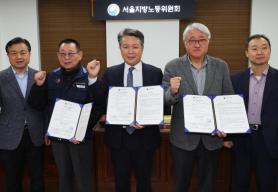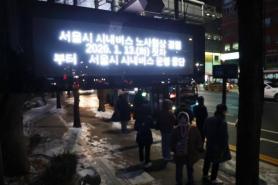
[Gettyimages Bank]
SEOUL -- About 30 percent of children aged five and younger who grew up during a coronavirus pandemic experience developmental delays in their cognitive, motor, social, emotional, and behavioral abilities. Some 15 percent needed continuous care to develop the required skills.
When the first wave of a coronavirus struck South Korea in February 2020, the country's society chose isolation. Social distancing campaigns were rolled out. Although South Korea did not go into a lockdown, more than half of companies had employees work remotely at their homes. Face-to-face meetings were canceled and other social activities came to a halt as the maximum number of people in a gathering was regulated to four.
Young children were also heavily affected by the pandemic. Playgrounds were either closed or empty. Toddlers found it hard to learn how to speak when they could not see the movement of the mouth of their kindergarten teachers who wore face masks in classrooms. Children rarely knew the faces of their friends as they all wore masks. Field trips and outside activities were also limited. Some medical specialists expressed concerns over the development of children's linguistic and cognitive abilities under such controlled situations.
According to a survey of 542 children aged five years and younger, conducted by the Korean Academy of Child and Adolescent Psychiatry in 2022, 33 percent of children were experiencing difficulties with their cognitive, linguistic, emotional, and social abilities and needed professional help. About 60 percent of children had no problem with their skill development.
To help children with developmental problems, Seoul said the city will build a center to support underdeveloped children. The center will provide a one-stop program including counseling, development tests, and treatment. Specialists from the center will also visit pre-schools in Seoul to look for unrecognized children with developmental disabilities. Vouchers will be given to those who need long-term treatments.
"Seoul will ease the burden off parents who are concerned about their underdeveloped children and open a special center to help children so that we can create a children-friendly city," Seoul City's women and family policy division head Kim Seon-soon said in a statement on December 14.
Copyright ⓒ Aju Press All rights reserved.




